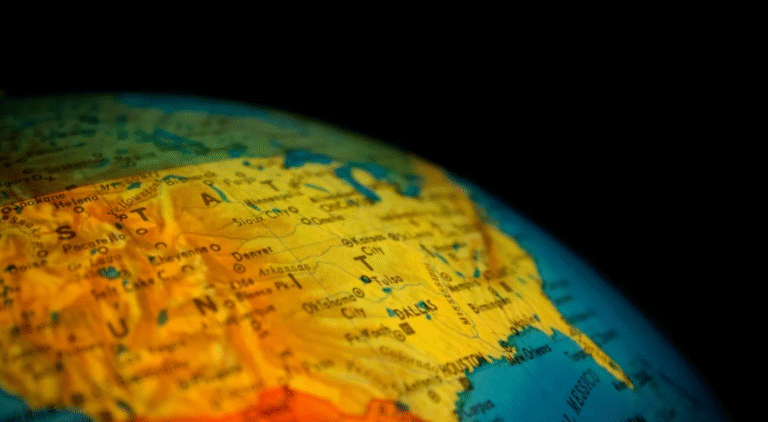A Century That Began with Hope
The early 2000s offered many reasons for optimism. The Cold War had ended, democracy was expanding, and global trade was accelerating. Political leaders and economists hoped that globalization and interdependence would reduce the likelihood of conflict. Institutions like the United Nations, World Trade Organization, and European Union began playing stronger roles in promoting international cooperation.
The term “New World Order” gained prominence in the 1990s, particularly after U.S. President George H.W. Bush envisioned a world governed by rules, peace, and shared prosperity. Around the same time, political theorists such as Francis Fukuyama declared the ideological victory of liberal democracy, suggesting that history had reached its peak with Western-style governance.
However, this optimism soon diminished in the face of a series of complex global challenges.
The Rise of New Global Crises
Rather than delivering lasting peace, mounting and interlinked crises have marked the 21st century—many of which remain unresolved. These include:
- Climate change and environmental degradation
- Global health emergencies, including pandemics
- Widening inequality between wealthy and developing nations
- Breakdowns in diplomacy and international trust
- Cybersecurity threats and information warfare
- Forced migration and humanitarian disasters
Organizations such as the World Economic Forum and the United Nations have issued frequent warnings about these risks. Their reports stress that humanity may be entering an era of sustained instability—without adequate preparation or unified responses.
A Return to Superpower Rivalry
One of the defining trends of the 21st century is the re-emergence of strategic competition among major powers—particularly the United States, China, and Russia. Although military standoffs reminiscent of the Cold War have mostly diminished, geopolitical rivalry has taken on new forms.
- Trade wars and economic sanctions
- Technological competition in AI, space, and semiconductors
- Cyberattacks and disinformation campaigns
- Struggles for influence over global institutions and regional alliances
China’s expanding presence in Asia, Africa, and Latin America, along with Russia’s actions in Ukraine, have intensified concerns among Western nations. These developments have contributed to a global environment where strategic mistrust is at its highest level in decades.
Cultural and Civilizational Tensions
Beyond politics and economics, some analysts point to deepening cultural and civilizational divides. Political scientist Samuel P. Huntington made a well-known prediction of a “clash of civilizations,” arguing that future conflicts would stem more from religion, culture, and identity than from ideology.
This theory has become more relevant as nationalism rises, and as many societies resist perceived threats to their traditions and sovereignty in the face of globalization. Cultural pushback has become a central part of domestic and international political discourse in many regions.
The Role of Global Institutions
The United Nations, World Bank, and NATO established themselves to promote peace, security, and development. Yet today, many experts argue that these organizations are struggling to meet the demands of a world that is changing rapidly.
- Some nations feel underrepresented or marginalized in global decision-making
- Others believe that international rules favor powerful nations at the expense of smaller ones
- As a result, confidence in multilateral cooperation is eroding, even as the need for it grows
These structural weaknesses make it more difficult to address pressing global challenges as a group.
Thought Leaders on Crisis and Opportunity
Strategists like Henry Kissinger have long warned of a world drifting without a shared purpose. He argues that in the absence of a common vision, crises will multiply and deepen. However, he also maintains that shared threats—such as climate change, pandemics, or nuclear proliferation—can serve as powerful motivators for cooperation.
David Rockefeller once noted that global crises often lead to major transformations. He believed that times of turmoil could drive progress—if met with wise, forward-looking leadership.
Conclusion: Where Do We Go from Here?
The global order now stands at a historic crossroads. The 21st century began with bold hopes for peace, democracy, and collective prosperity. Yet today, rising power struggles, unresolved global risks, and deep inequalities mark it.
The path forward will depend on the ability of world leaders to balance competition with cooperation. Will they prioritize national dominance—or shared survival?
While the answer remains uncertain, one truth is clear: Global stability will not emerge by chance. You must construct it with attention to vision, responsibility, and mutual respect.


